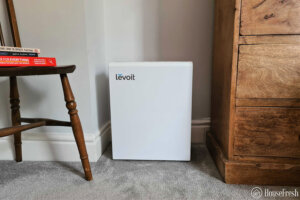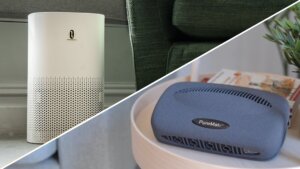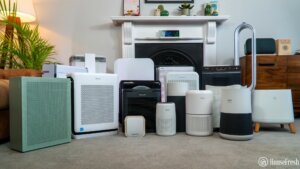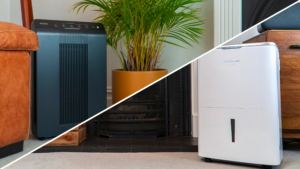Nasal congestion is a problem most of us will encounter, but some suffer worse than others. It’s horrible, but the good news is: an air purifier can help you control and prevent it.
Air purifiers work by removing pollutants and particles from the air, this can help improve air quality and reduce nasal congestion. So if you are experiencing bothersome nasal congestion, an air purifier may be a good option.
In this article, we’ll discuss everything you need to know about nasal congestion, including its causes and solutions, and how an air purifier can help.
What causes nasal congestion?
Nasal congestion is a short-term inflammation of the nasal passages caused by various factors. It can make it difficult to breathe through your nose.
Many things can cause nasal congestion, including:
🤧 Allergies – Allergies are an overreaction of the immune system to certain substances (stimulants). For people with allergies, these substances (usually pollen, dust, or pet dander) can cause the release of histamine, a chemical that triggers inflammation.
👃 Sinusitis – Sinusitis is caused by inflammation of the tissue lining the sinuses. This inflammation can be caused by a viral or bacterial infection, allergies, or environmental irritants. When the tissue lining the sinuses becomes inflamed, it blocks mucus drainage from the sinuses. This leads to mucus accumulation and results in nasal congestion.
😷 Asthma – When someone has asthma, the airways in their lungs become inflamed and narrowed when exposed to the different triggers. This makes it difficult to breathe. The inflammation and narrowing can also cause the airways to produce extra mucus. The mucus then clogs up the nose and makes it difficult to breathe properly.
🚬 Smoking – The smoke from cigarettes irritates the lining of the nose and throat, which can lead to swelling and congestion. Cigarette smoke also contains harmful chemicals such as tar that can damage the lungs and airways. These chemicals can cause mucus to build up in the nose and throat, leading to nasal congestion.
🦨 Odors – Odors are known to cause the membranes in the nose to swell and trap mucus, which can lead to nasal congestion. This happens because the odor molecules trigger the release of histamines, which in turn causes the membranes in the nose to swell.
Now we know some of the causes, we’re going to take a closer look at each one.
Do air purifiers help with allergies?
When you come in contact with an allergen, your immune system releases histamines. Histamines are chemicals that cause the blood vessels to swell. This can lead to several symptoms, including nasal congestion.
One of the best ways to relieve nasal congestion is by using an air purifier (scroll down to see our top 3 recommendations). An air purifier will remove airborne particles that can cause congestion, such as pollen, dust, and pet dander.
A humidifier can also help to relieve nasal congestion. Humidifiers add moisture to the air, which helps to thin mucus and loosen any blockages in the nasal passages. This can help to clear your sinuses and relieve nasal congestion.
✅ Yes
Most common causes of allergies in the home
🧹 Dust – Dust can be found in the air and on surfaces. When it is disturbed, it can become airborne, and people can breathe it in. This can cause problems if you have allergies or asthma. Dust mites are a common source of allergens and thrive in warm, humid environments. They feed on dead skin cells, and their droppings can trigger asthma attacks and other respiratory problems.
🌸 Pollen – Pollen is a tiny grain released by plants to fertilize other plants. It can cause problems for people with allergies because their immune system reacts to it as if it were a threat. When pollen enters the nose, it sets off a chain reaction that produces lots of mucus. Mucus clogs the nasal passages and makes it hard to breathe.
🐶 Pet dander – Pet dander refers to tiny flakes of skin that animals shed. Pets with short hair don’t shed as much dander as those with long hair, but all pets produce some dander. Dander floats in the air and can get into your eyes, nose, and mouth. It can also be inhaled deeply into the lungs. Dander is a major cause of nasal congestion in people allergic to pets.
💧 Mold – Mold can grow on stale food, plants, and building materials. Mold spores are tiny and can be carried in the air. When they enter the nose, they can cause an allergic reaction. Symptoms include sneezing, runny nose, and nasal congestion.
🧪 Household chemicals – Household chemicals can also cause nasal congestion by irritating the lining of the nose. This irritation can produce excess mucus, which clogs the nasal passages and causes congestion.
Remember these three simple rules if you suffer from allergies:

Do air purifiers help with sinus problems?
Sinus problems are a common ailment that can cause significant nasal congestion. The sinuses are small, air-filled spaces behind the bones of your forehead, cheeks, and nose. They produce mucus that helps keep your nasal passages moist and trap dirt and other particles.
When the sinuses become inflamed or blocked, the mucus accumulates and causes congestion. Treatment for sinus problems depends on the underlying cause. In most cases, treatment involves medications to help clear the sinuses and antibiotics if the infection is present. Surgery may also be necessary to correct a deviated septum or remove polyps.
Air purifiers work by sucking in air from a room and passing it through a series of filters. The filters remove dust, pollen, and other allergens from the air. This can help to improve sinus problems by reducing the number of allergens in the air.
Air purifiers are most effective when combined with other sinus problem treatments, such as nasal sprays or humidifiers.
Humidifiers add moisture to the air, which can help to loosen mucus and improve drainage. If you are experiencing sinus problems, using an air purifier and a humidifier may be the best way to get relief. Be sure to look at the best humidifiers for sinus congestion based on our evaluation of the best-performing humidifiers on the market.
✅ Yes
Print this out and pin it on your wall if you suffer from sinus problems:

Do air purifiers help with asthma?
Asthma problems are a common ailment that can cause a great deal of difficulty for the sufferer. There are many different asthma problems, and various factors can cause them. One of the most common asthma problems is nasal congestion.
Nasal congestion is caused by inflammation in the nasal passages, and it can make it difficult to breathe.Air purifiers can help by removing dust, pollen, smoke, and other particles from the air. They also work to remove chemicals and odors. A humidifier can also help by adding moisture to the air, which helps to keep the lungs moist.
✅ Yes
If you suffer from asthma episodes, it’d be worth remember these rules:

Do air purifiers help remove cigarette smoke and other odors?
The simple answer is yes. But, only if they contain an Activated Carbon filter. This type of filter contains either bonded or loose-fill carbon which work by adsorbing odors and other VOCs (Volitile Organic Compounds).
When we say adsorbing, we mean that odors latch onto the carbon and stay there instead of absorbing which means the odors are consumed.
If your home suffers from odors like cooking smells, pet odor, or smelly shoes, investing in an air purifier will benefit your environment greatly. Remember to do a little research and choose one with a packed activated carbon filter and a high CADR (Clean Air Delivery Rate).
The basic rule is: The more activated carbon a filter has, the more odors it will adsorb. This makes air purifiers ideal for removing odors from your air.
The same way air purifiers deal with odors, they can also help remove cigarette smoke from the air. But, again, they have to contain the right filters.
- HEPA filter – A HEPA filter will remove cigarette smoke from the air by trapping the smoke particles in it’s tightly woven fabric.
- Activated Carbon filter – A filter packed with carbon with adsorb the odor from cigarette smoke leaving your home fresh.
Cigarette smoke can spread quite fast when smoking indoors so we recommend purchasing an air purifier with a high CADR to make sure all the particles are being captured by its filters.
✅ Yes
If you or someone you live with is a regular smoker, you might want to follow these rules:

Do air purifiers help with colds?
The common cold is a viral infection of the nose and throat. It is the most common illness in the United States, affecting adults two to three times a year and children up to six times a year. The cold is caused by one of more than 200 different viruses.
An infected person spreads these viruses through contact with respiratory secretions, such as saliva, mucus, or blood. The cold is most commonly spread in the winter, when people are indoors and come into contact with others who are sneezing and coughing.
Air purifiers are a great option for people with colds, as they can help clear out the congestion that is often caused by viruses. A humidifier can also help to loosen congestion, and both devices work together to create a healthy environment to recover.
✅ Yes
If Covid-19 taught us anything, is that it is in our power to avoid spreading colds. Here’s how:

3 best air purifiers for nasal congestion
So we’ve established that purchasing an air purifier is a great idea if you’re suffering reguarly from nasal congestion, whatever the cause. This is an important purchase, and if you’re not sure where to start, you’ve come to the right place.
We test all the models we recommend ourselves and we don’t put any forward without being 100% confident in them. Here are our top three choices for you:
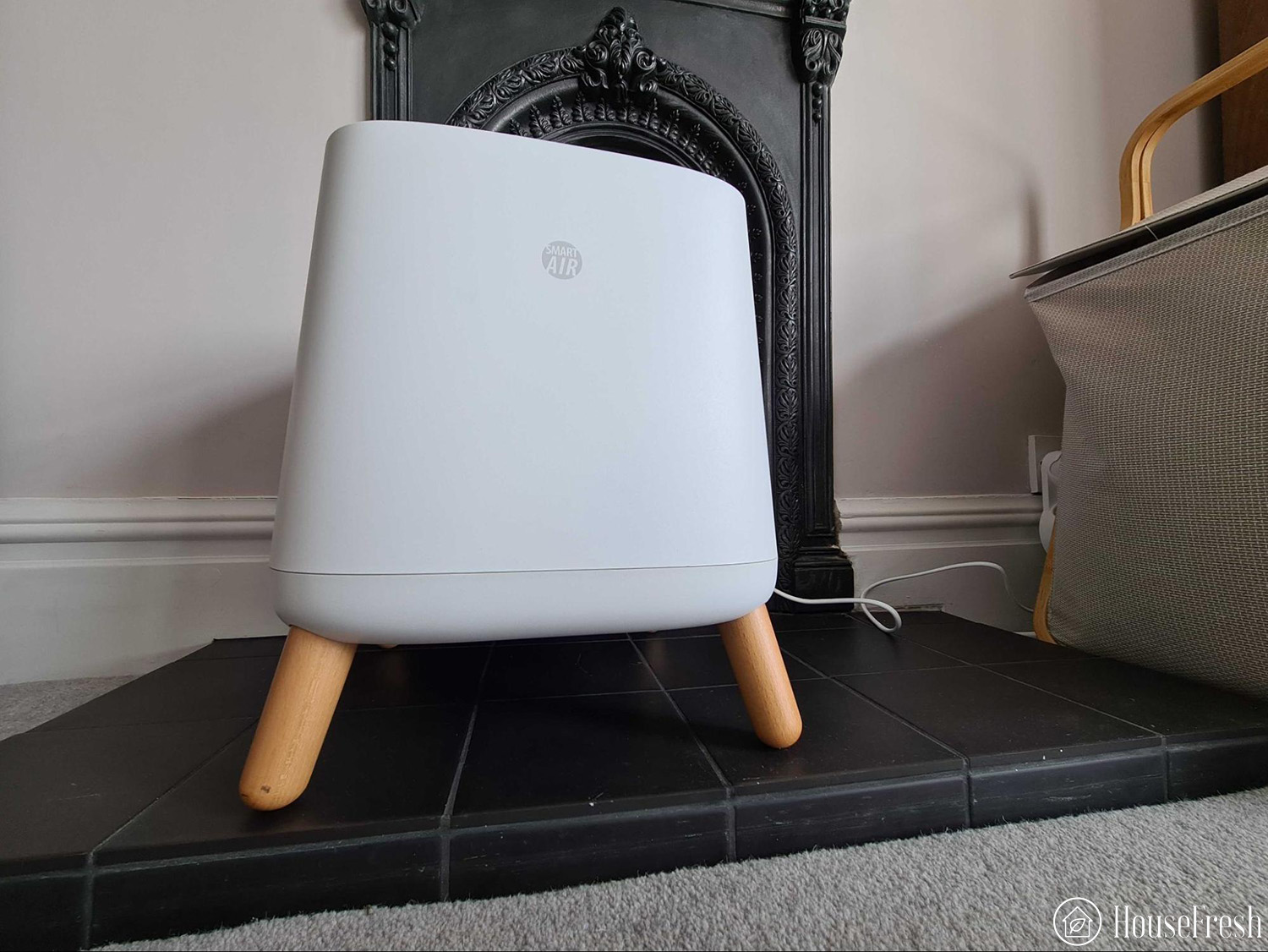
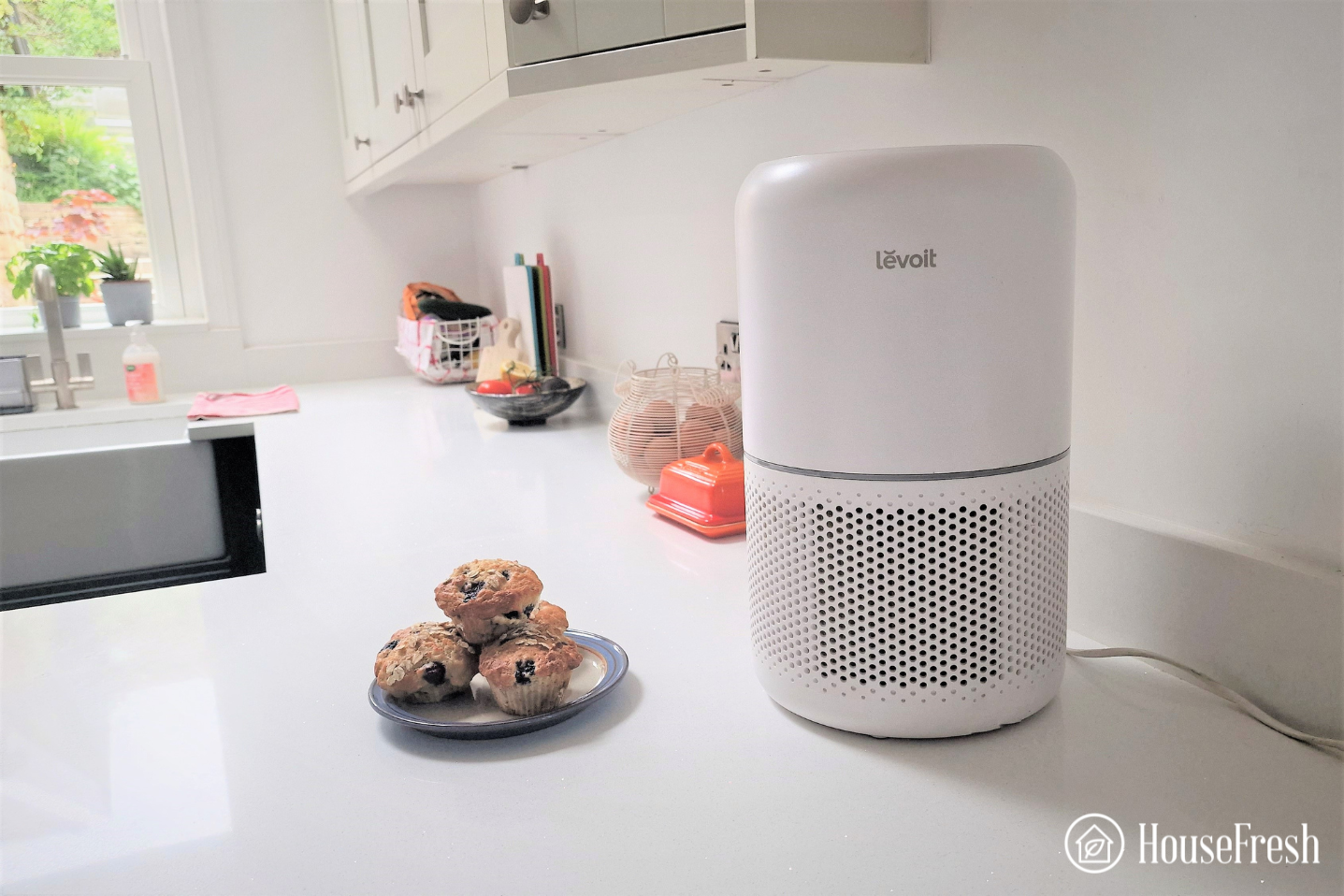
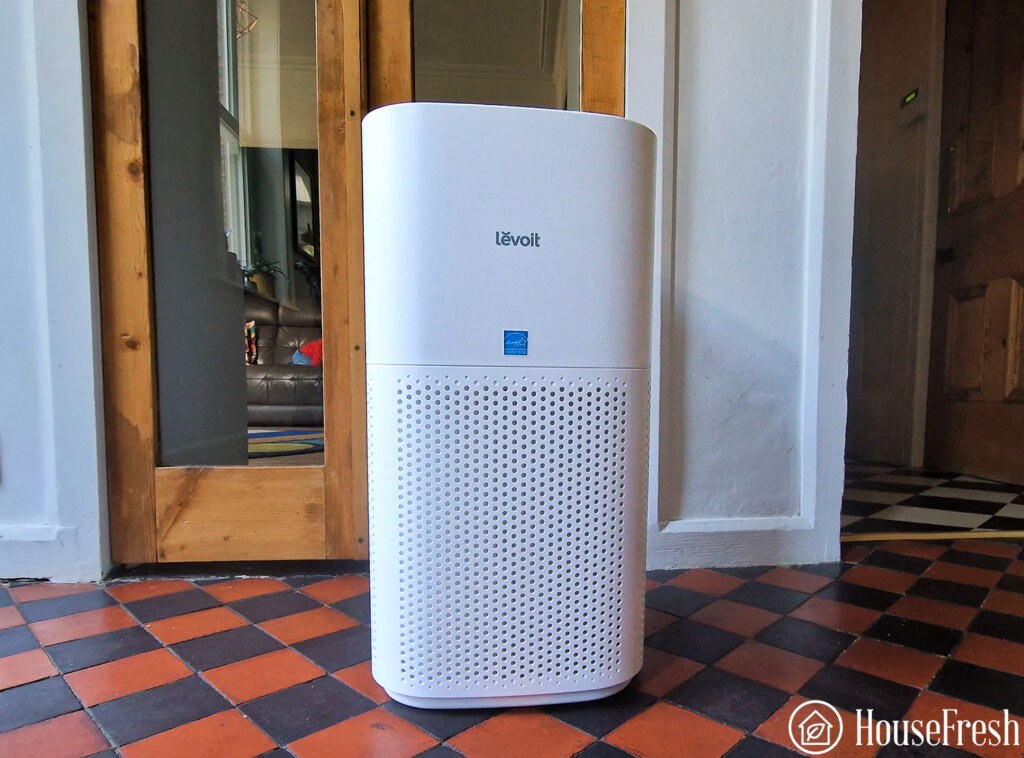



Final thoughts
Nasal congestion can be caused by various things, such as allergies, a cold, or pollution. Air purifiers can help prevent these health problems by removing allergens, pollutants, and other particles from the air.
Humidifiers and air purifiers can help with nasal congestion, but the type of device and the cause of the congestion must be considered. For example, a humidifier may help relieve congestion from a cold or the flu, but it will not help if allergies cause it. Likewise, an air purifier may help relieve allergies but will not help if the congestion is caused by a cold or the flu.
If you’re looking for a way to improve your health, an air purifier is a great option. They are affordable and easy to use, so there’s no reason not to get one today.
Last update on 2024-04-26 / Affiliate links / Images from Amazon Product Advertising API



